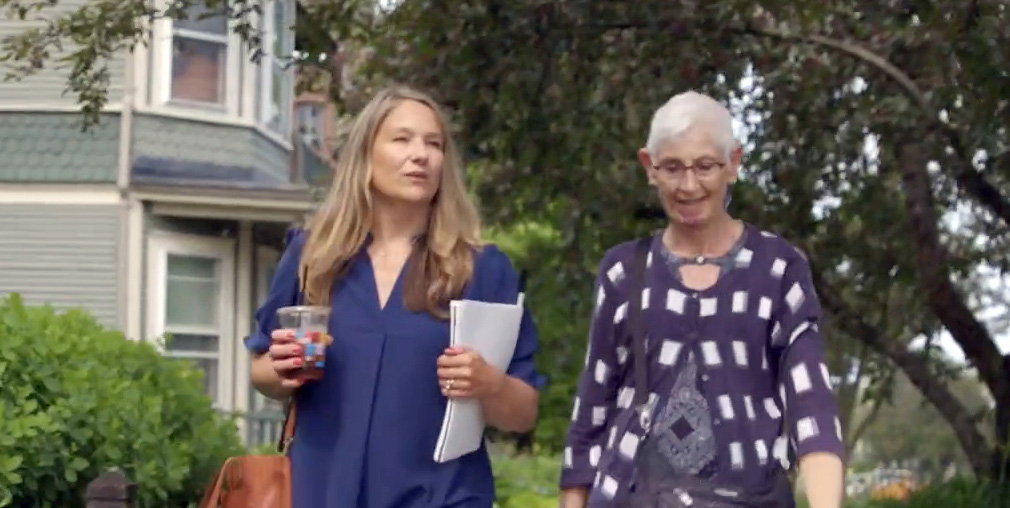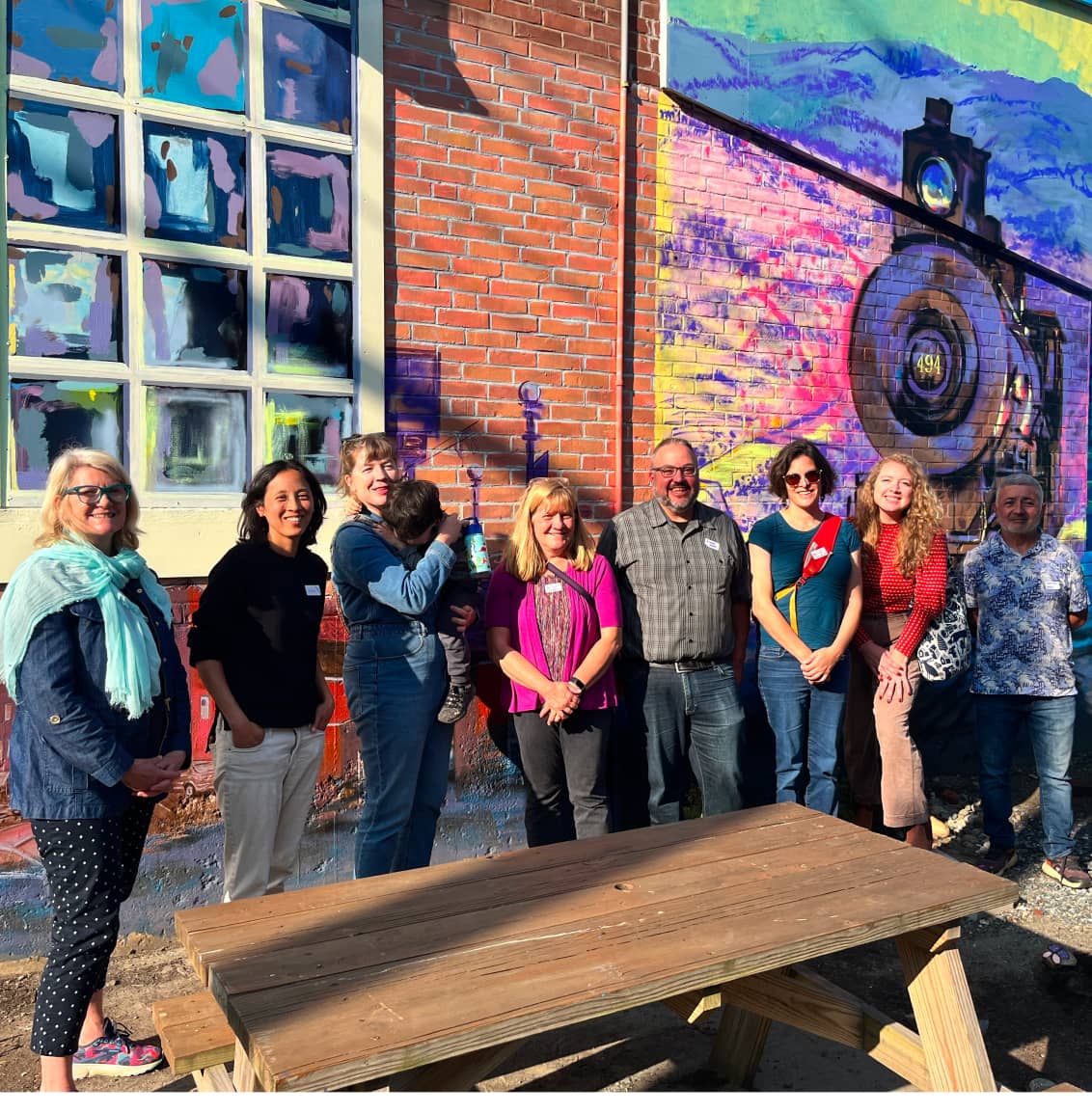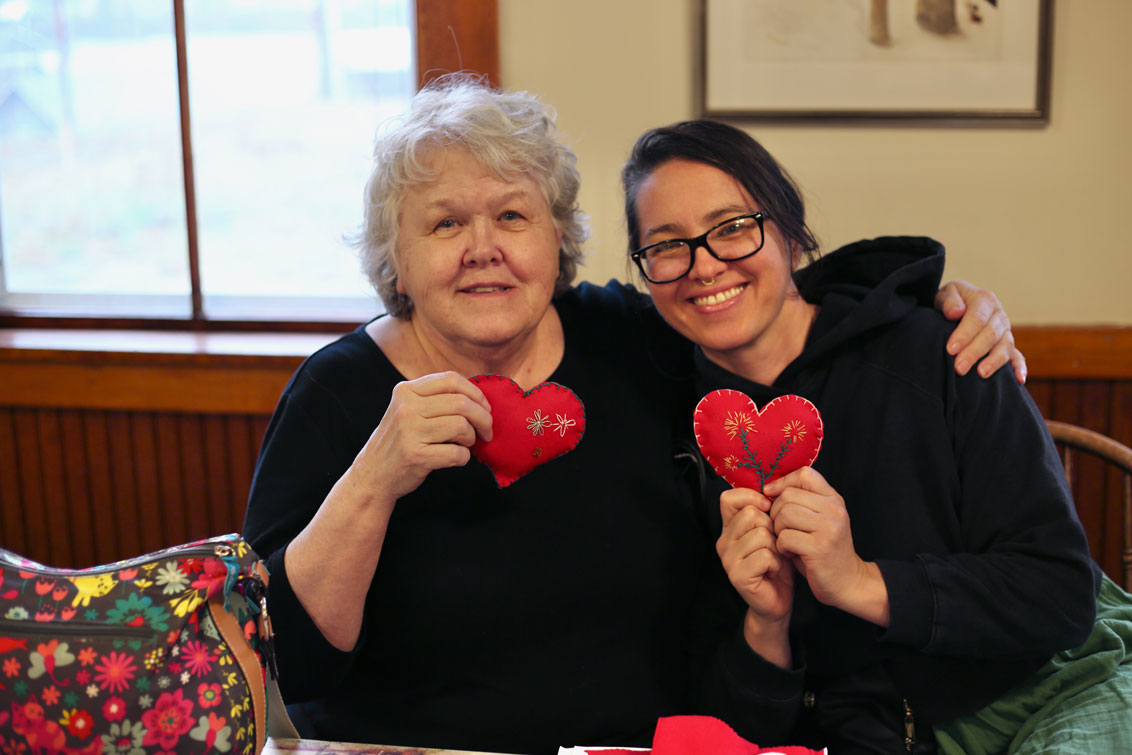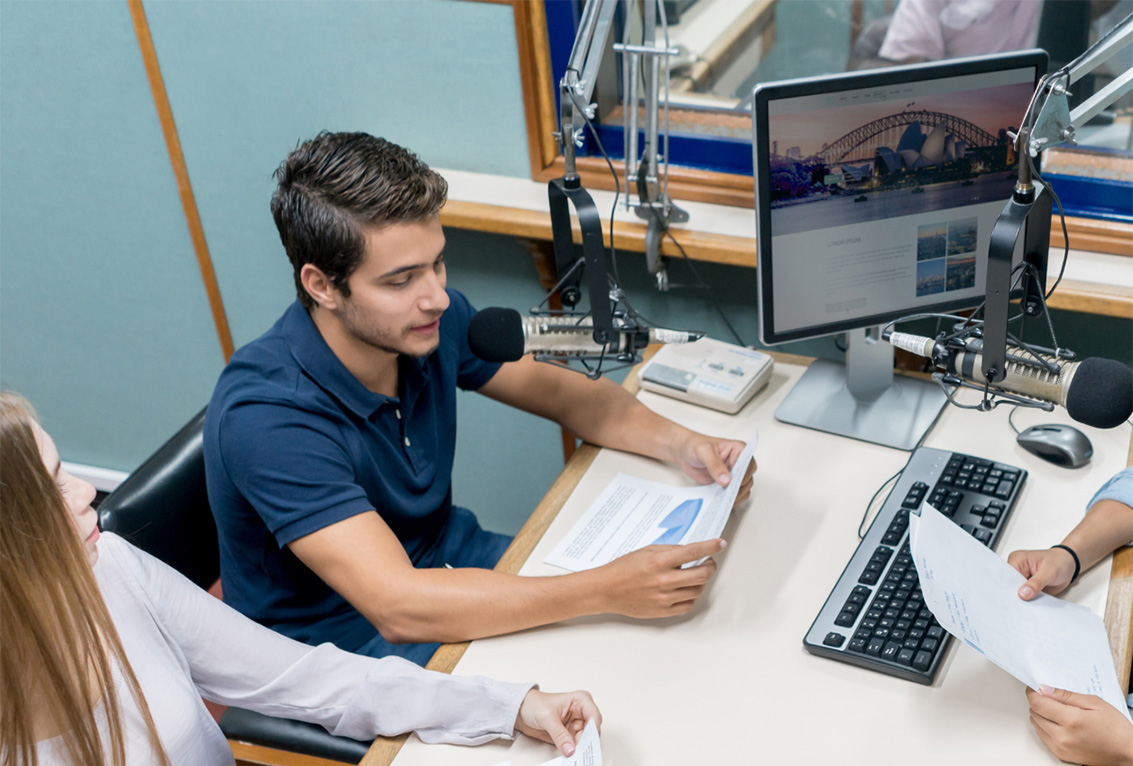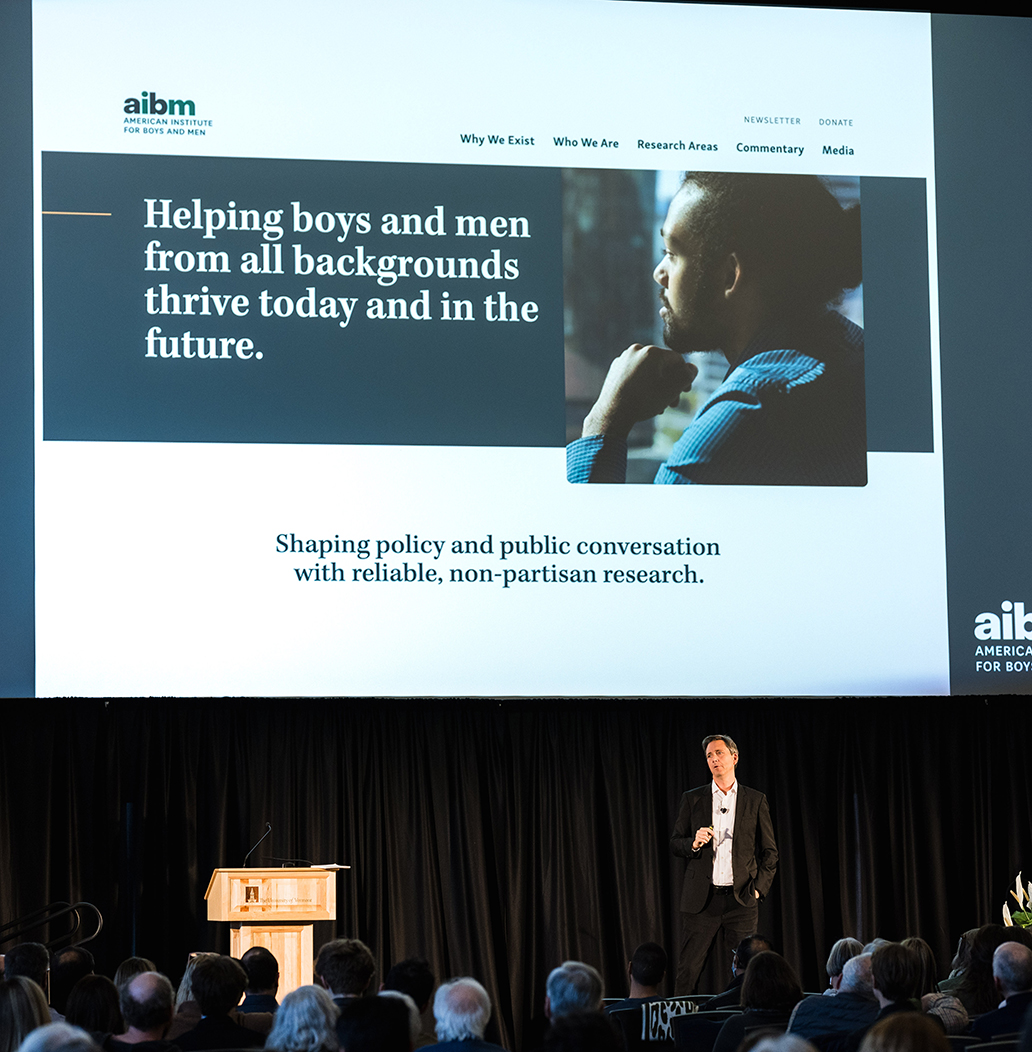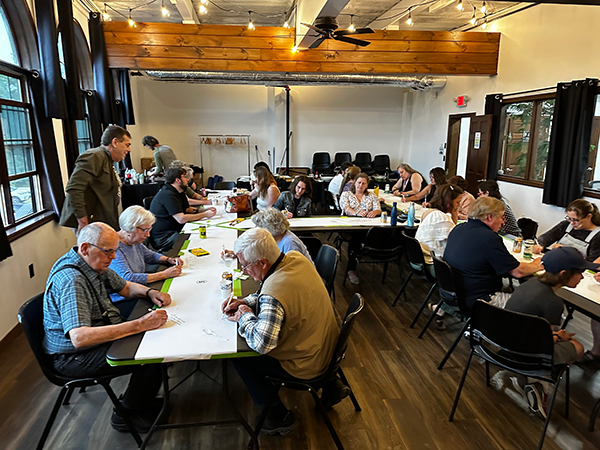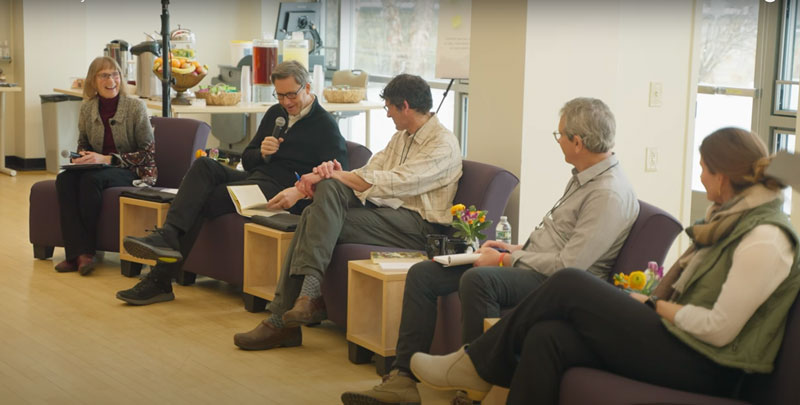-
Our Services
-
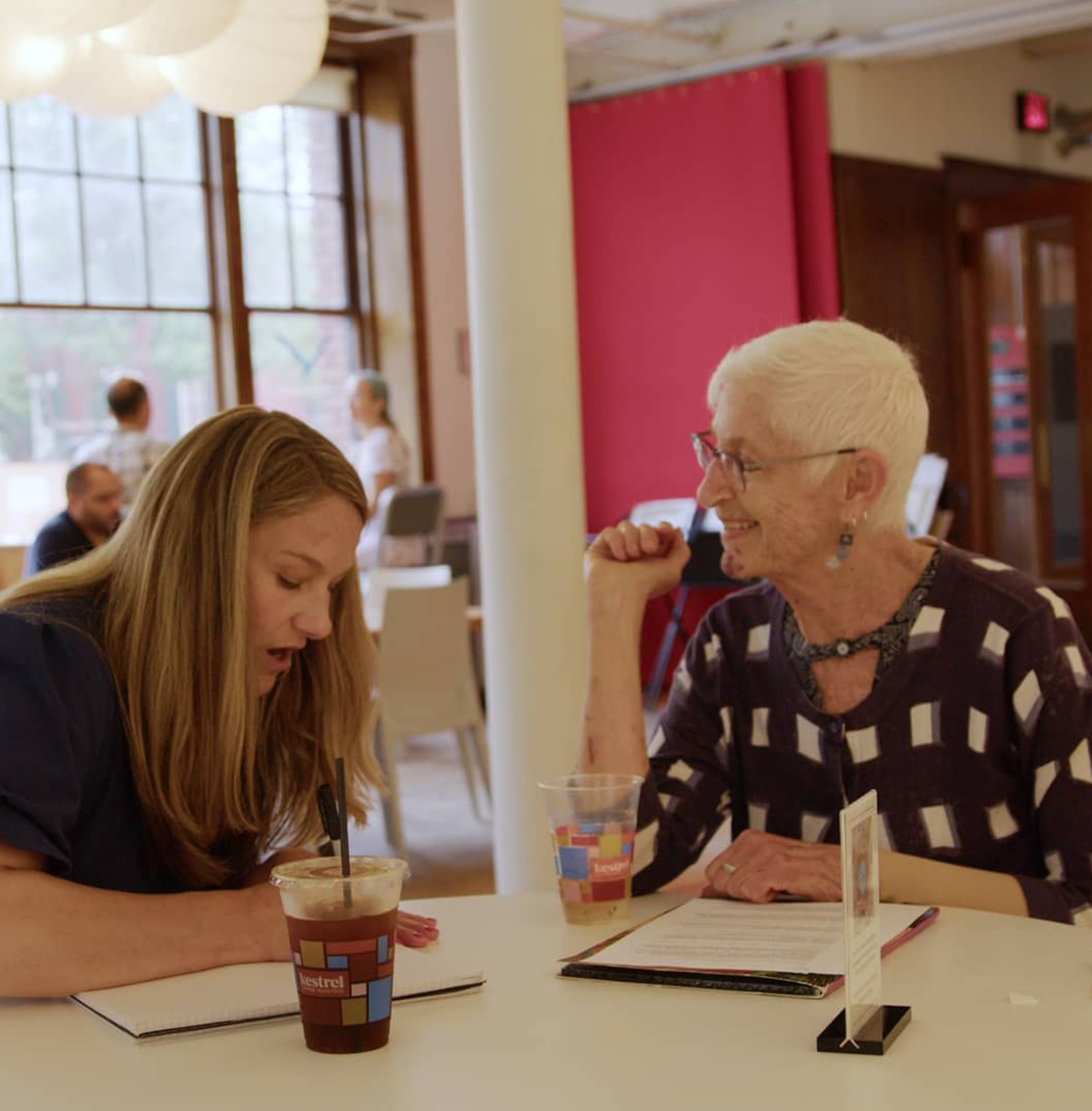
Services Overview
Explore our giving tools and services
-
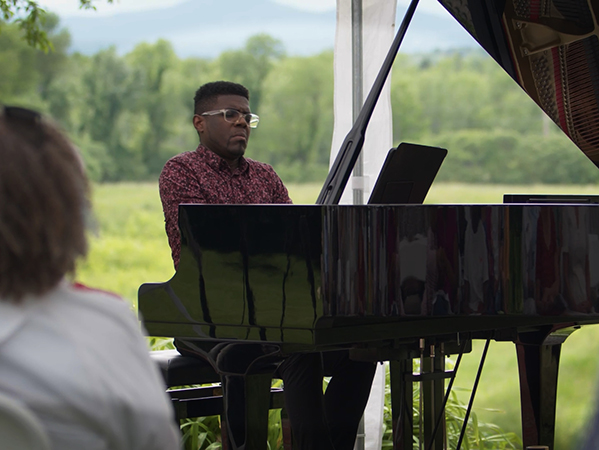
Donor Advised Funds
Create a giving account—support the causes you care about most
-
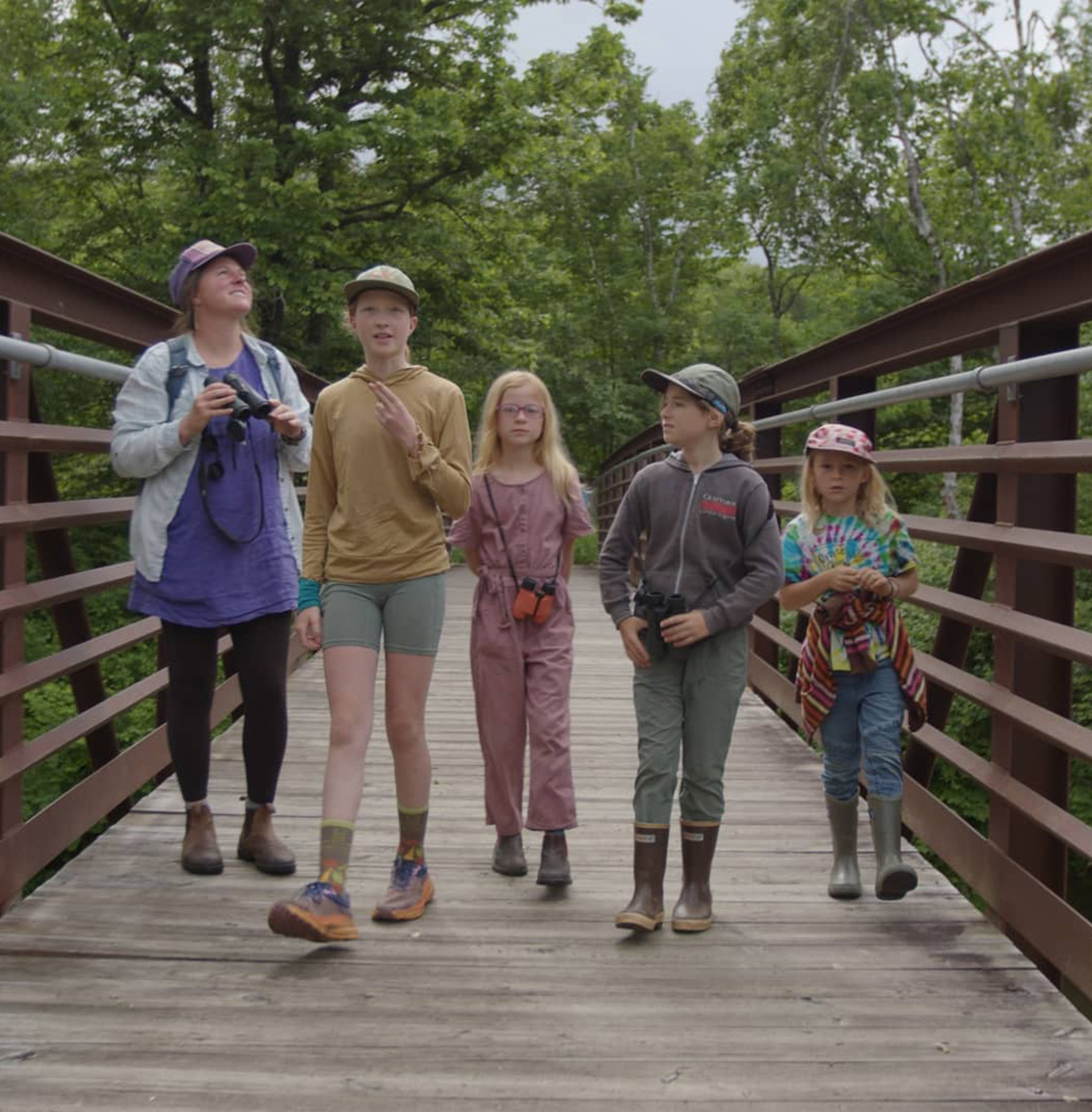
Legacy Giving
Secure your impact for future generations through estate planning
-

Mission Investing
Invest in Vermont projects that reflect your values
-
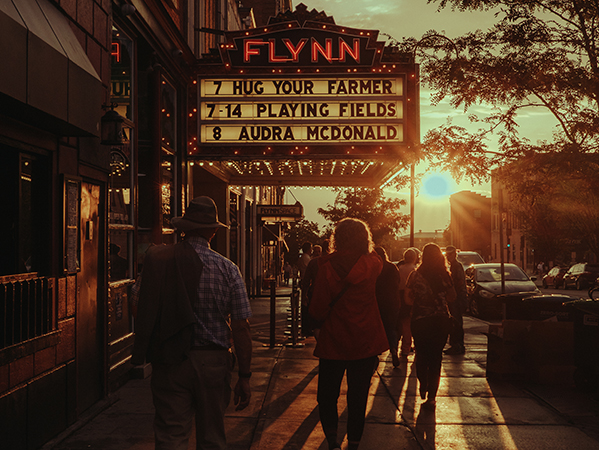
Nonprofit Funds
Ensure lasting support for your mission-driven organization
-
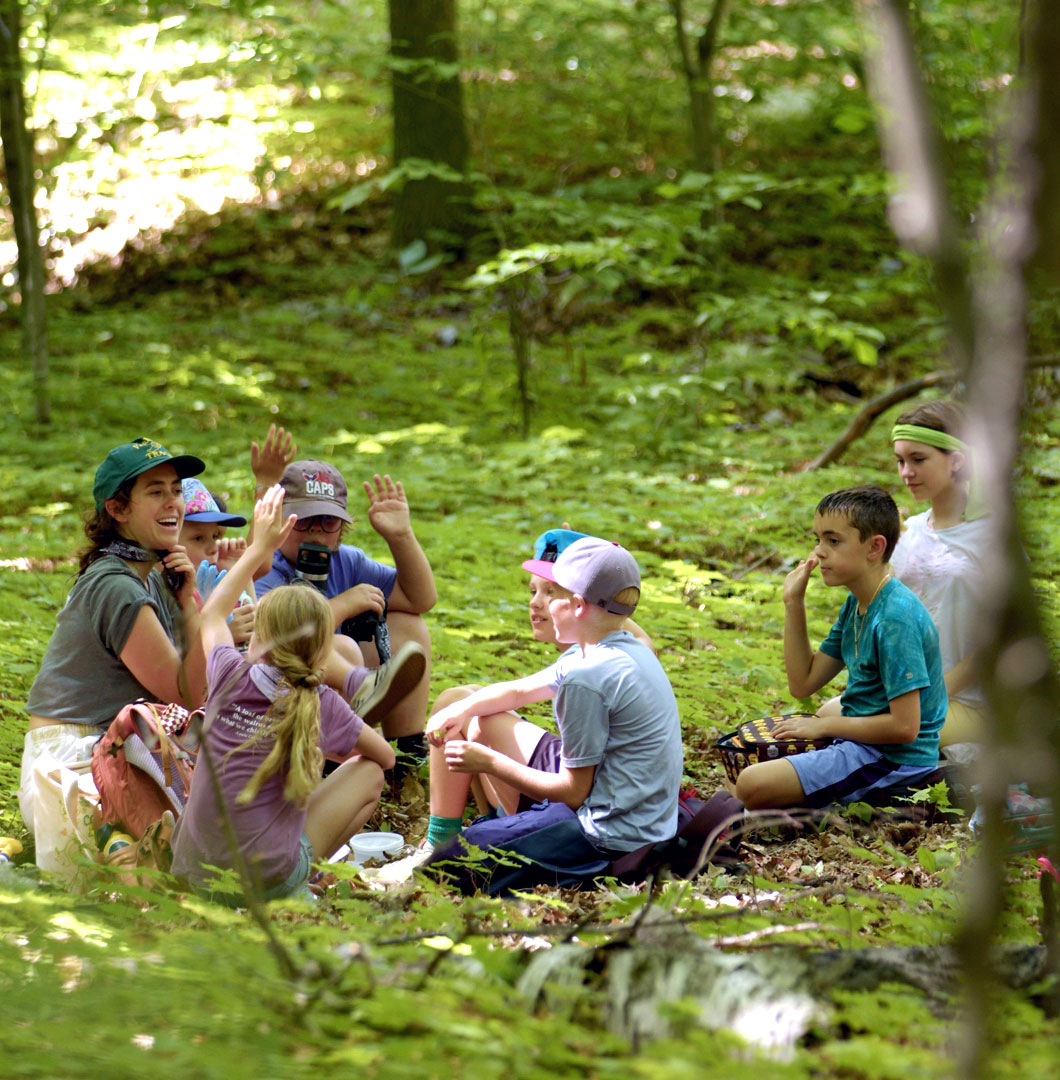
Other Ways to Give
Explore other types of charitable funds and ways to make a difference
-
-
Your Impact
-
Strategic Initiatives
-
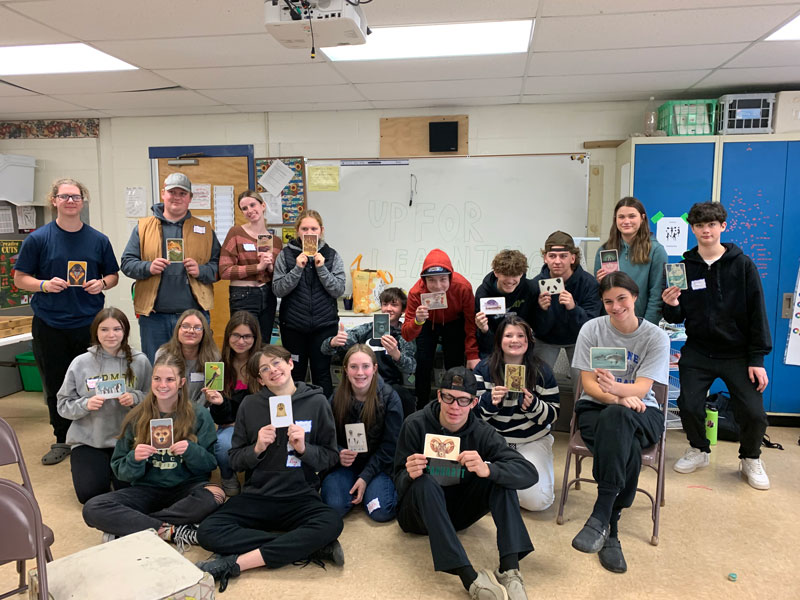
Strategic Initiatives
From immediate disaster response to our systemic work closing the opportunity gap
-
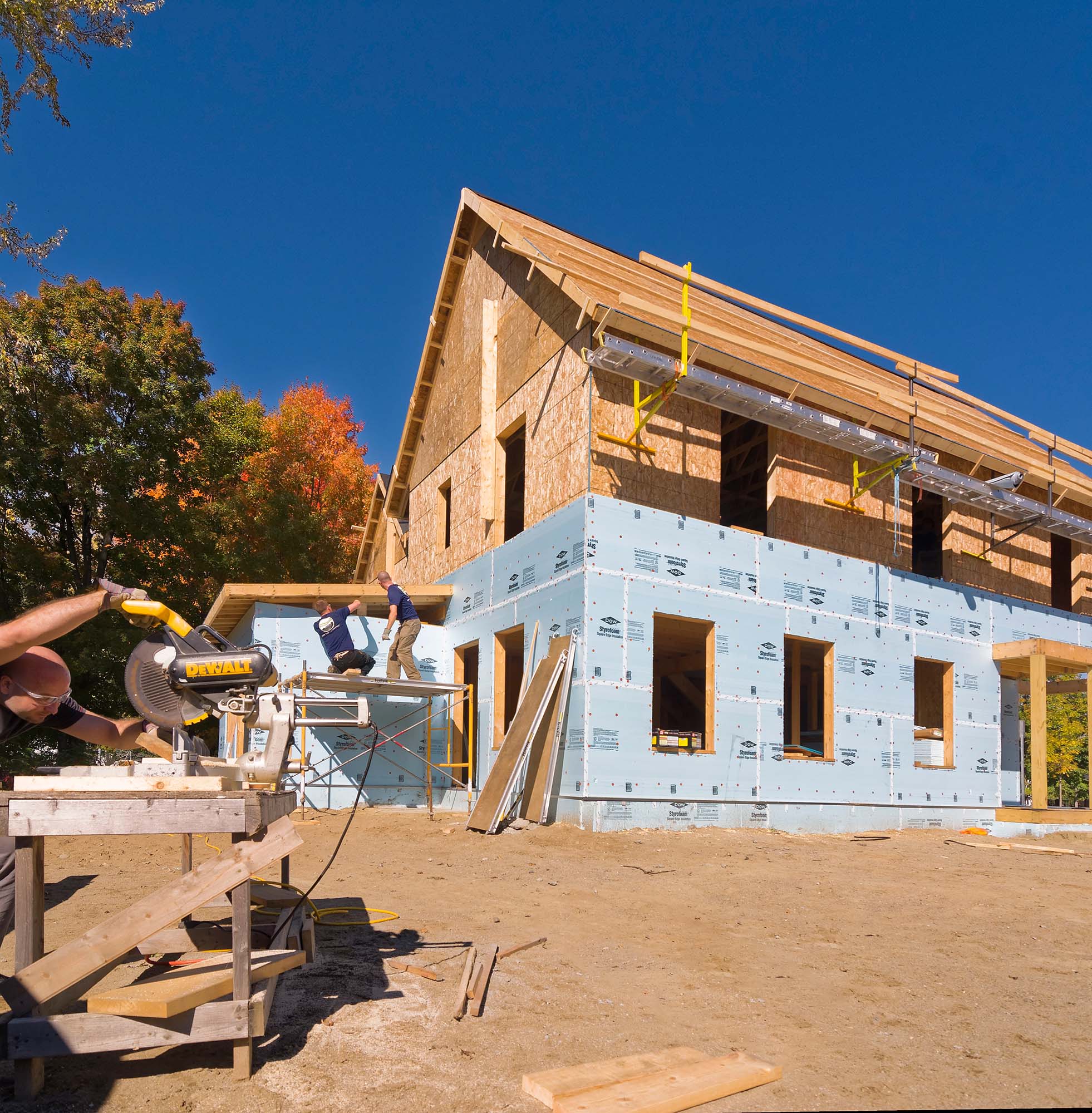
The Opportunity Gap
No one should be held back by their zip code, income level, the color of their skin, or any aspect of their identity
-
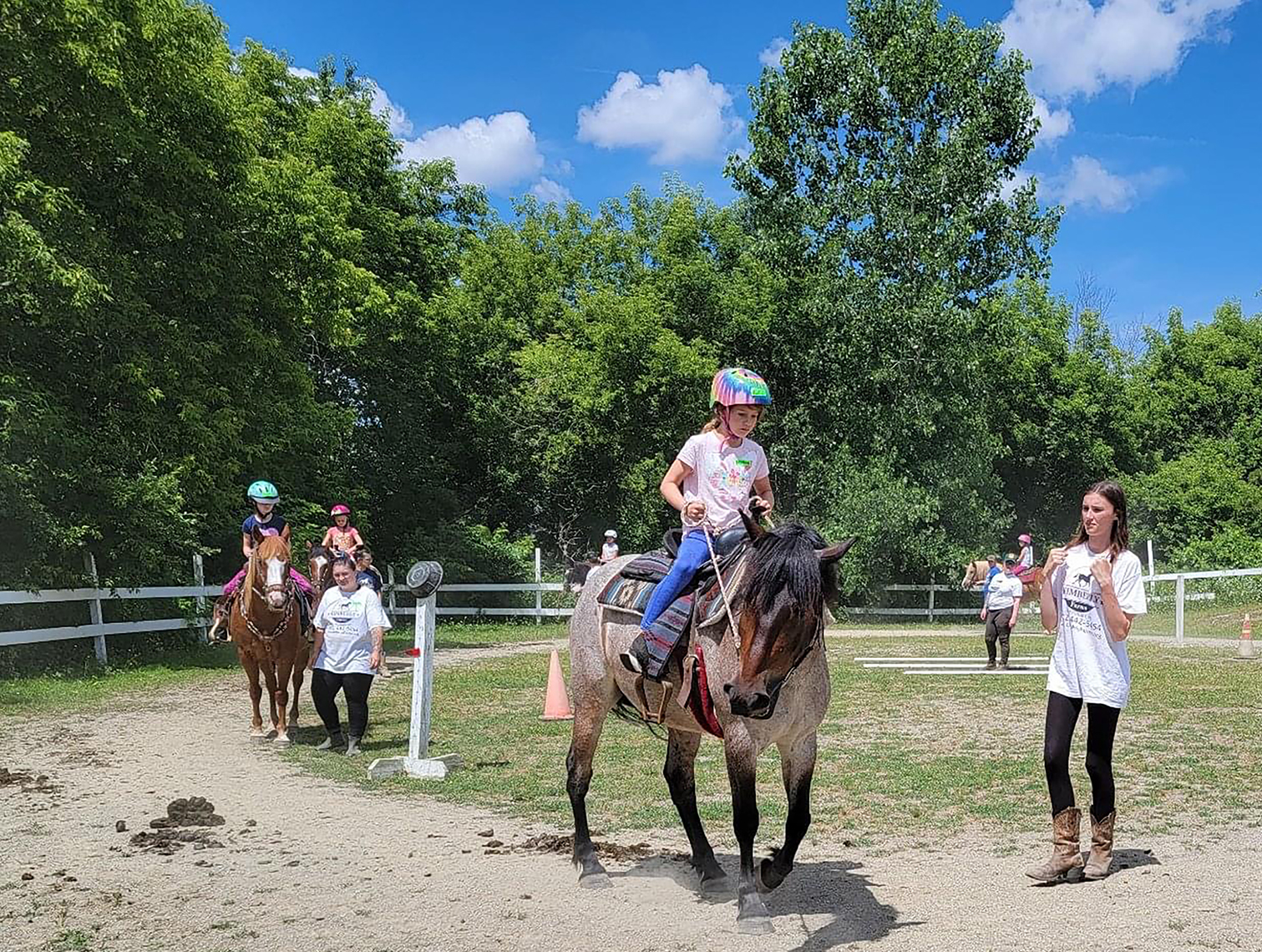
People + Places Funds
Supporting a variety of regions, communities, and people in Vermont
-
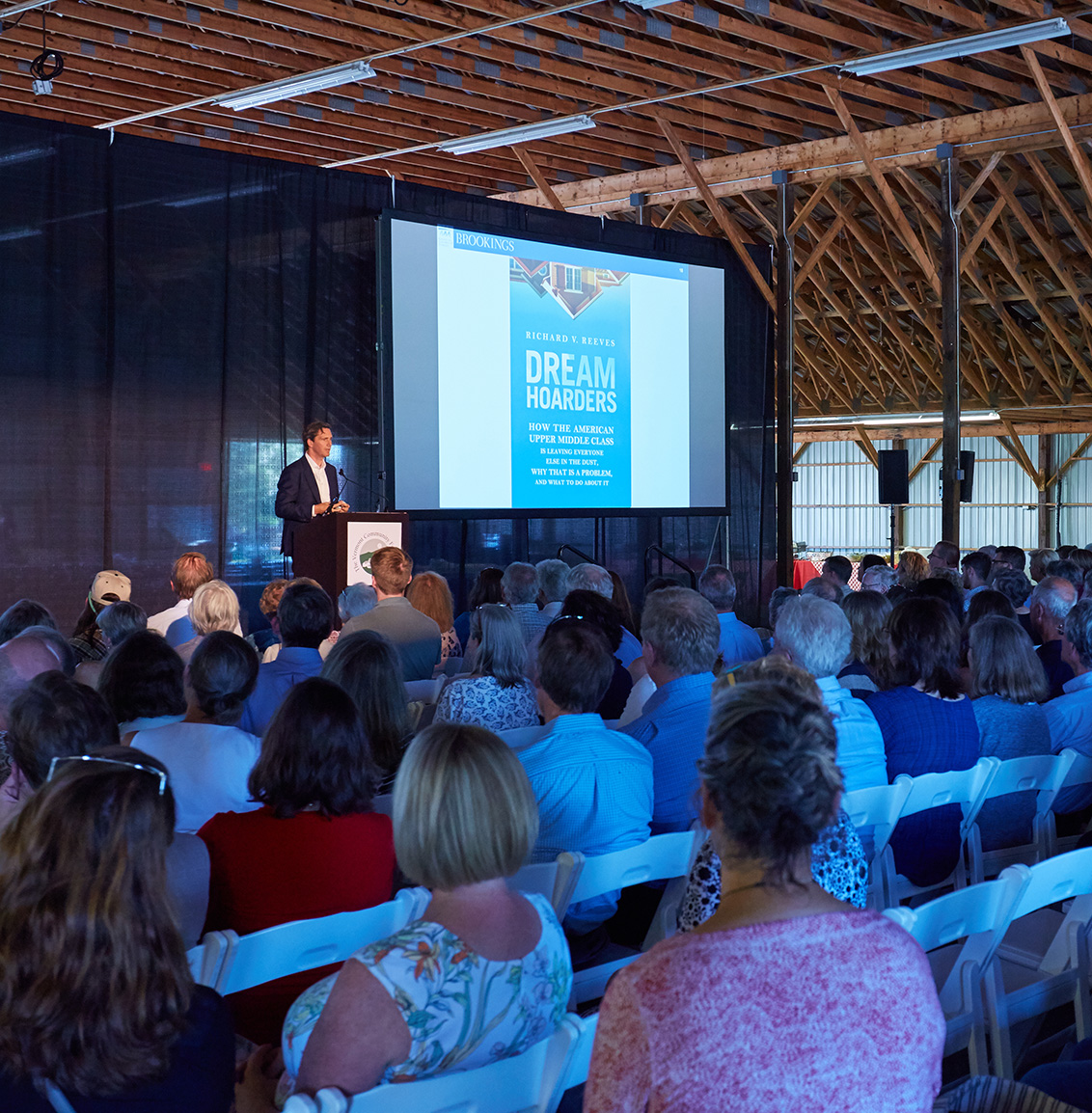
Philanthropic Leadership Fund
Supporting the work that goes beyond grant-making to strengthen Vermont's philanthropic network
-
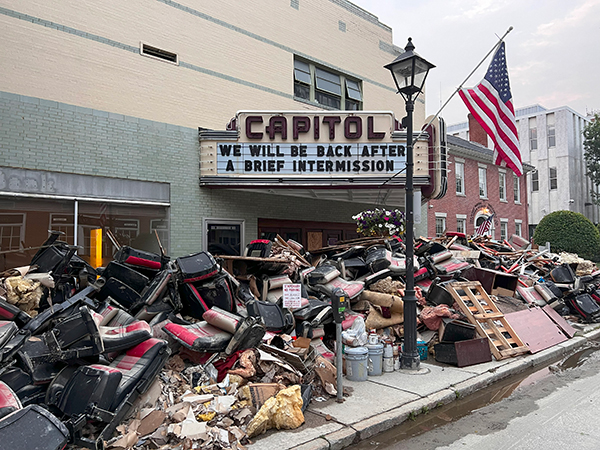
Crisis + Disaster Giving
Helping Vermonters through disasters and developing strategies to mitigate future devastation
-
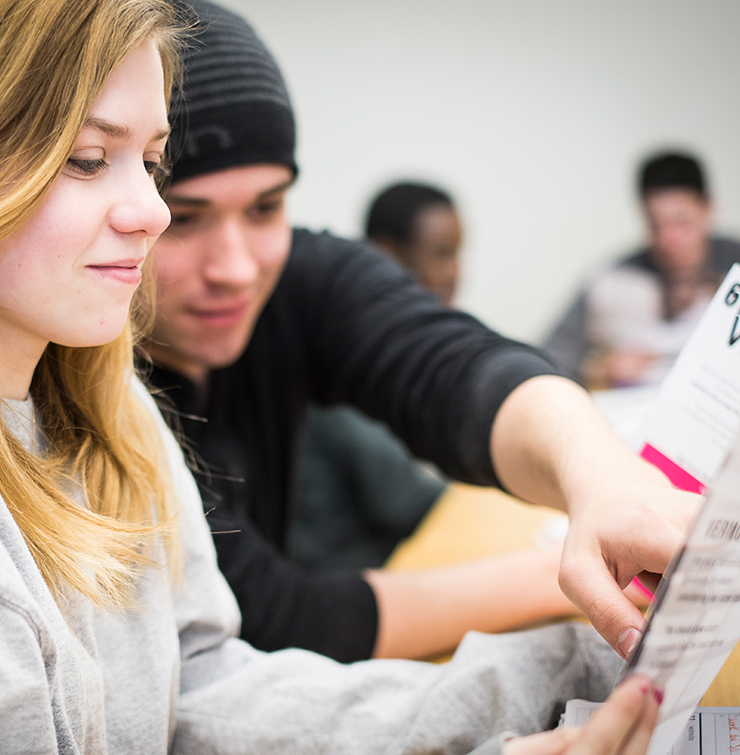
Supporting Organizations
Our partners play a crucial role in childcare, youth programs, and education and training for promising jobs
-
-
Insight Hub
-
About
-
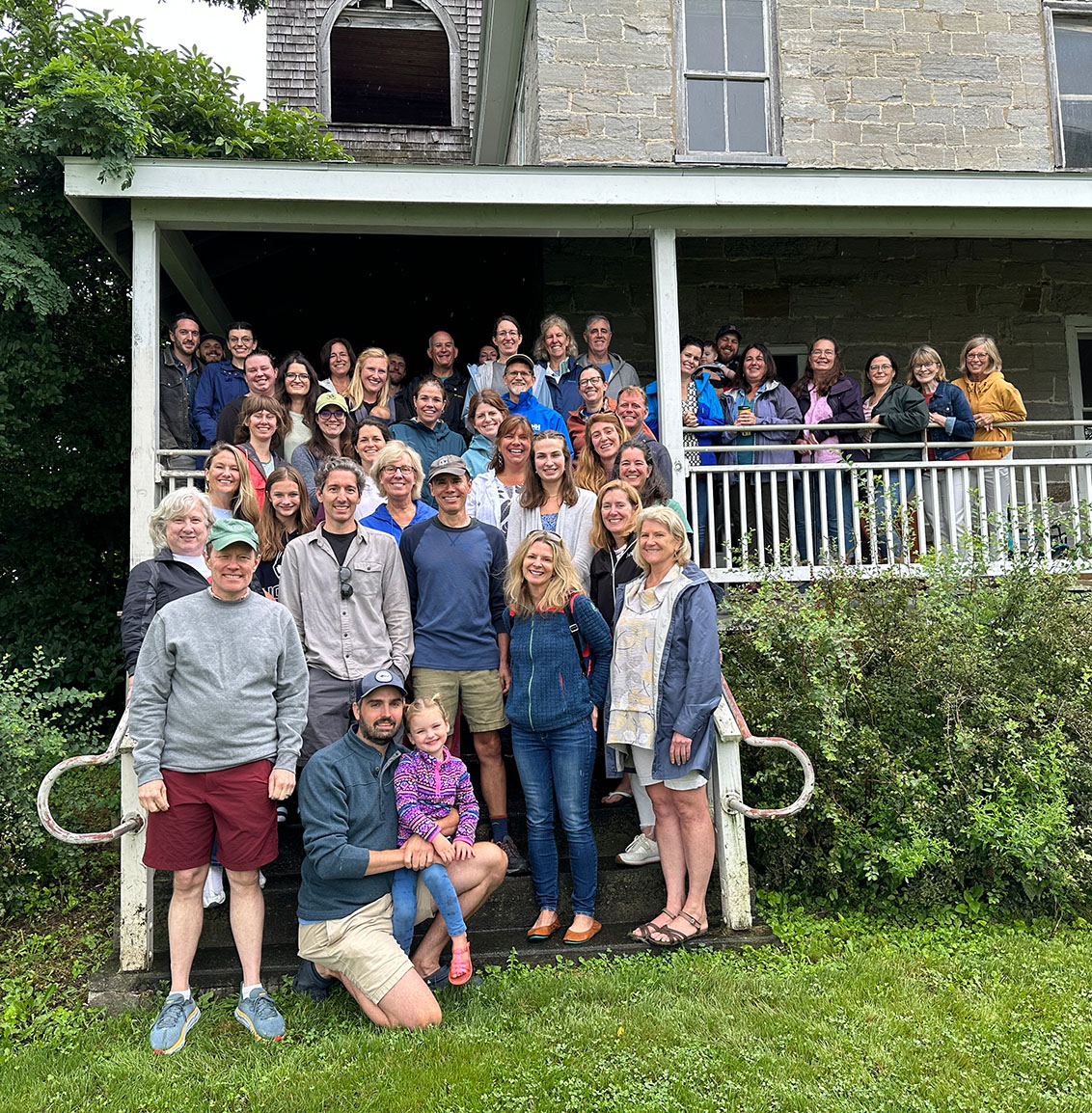
About Us
About the Vermont Community Foundation
-

Financials + Investments
Diverse investments and expert management
-

Our Team
Blending small-town charm with big-hearted philanthropy
-
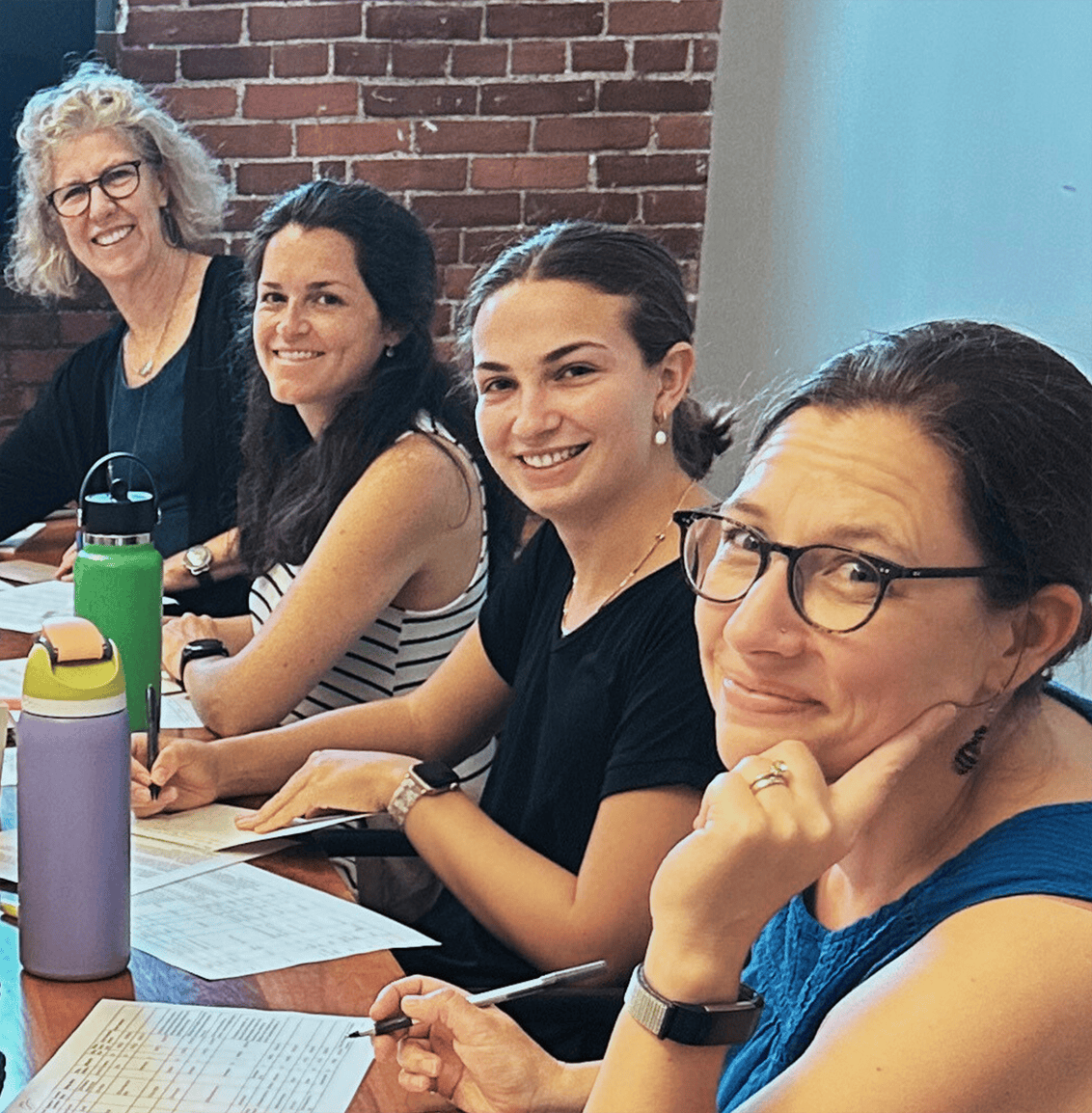
Careers
Join our dedicated team of Vermonters
-
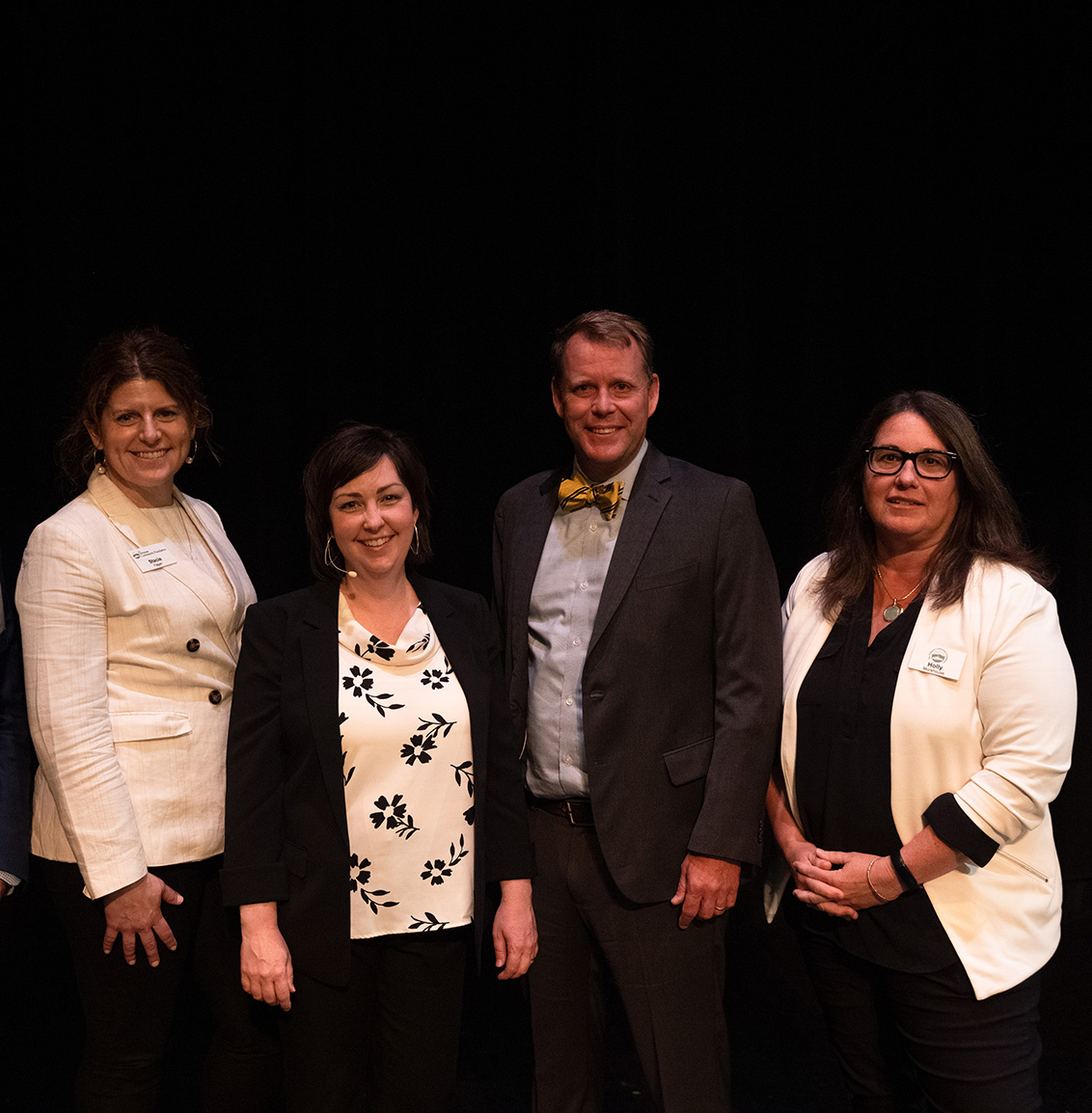
News + Announcements
Stay connected with our latest news and announcements
-
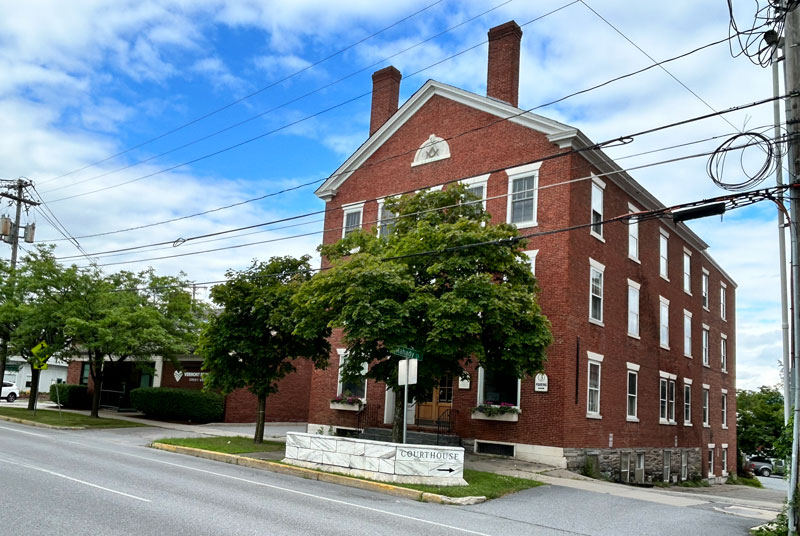
Contact + Directions
Where to find us and how to reach us
-
- Giving Quiz
-
Our Services
-

Services Overview
Explore our giving tools and services
-

Donor Advised Funds
Create a giving account—support the causes you care about most
-

Legacy Giving
Secure your impact for future generations through estate planning
-

Mission Investing
Invest in Vermont projects that reflect your values
-

Nonprofit Funds
Ensure lasting support for your mission-driven organization
-

Other Ways to Give
Explore other types of charitable funds and ways to make a difference
-
-
Your Impact
-
Strategic Initiatives
-

Strategic Initiatives
From immediate disaster response to our systemic work closing the opportunity gap
-

The Opportunity Gap
No one should be held back by their zip code, income level, the color of their skin, or any aspect of their identity
-

People + Places Funds
Supporting a variety of regions, communities, and people in Vermont
-

Philanthropic Leadership Fund
Supporting the work that goes beyond grant-making to strengthen Vermont's philanthropic network
-

Crisis + Disaster Giving
Helping Vermonters through disasters and developing strategies to mitigate future devastation
-

Supporting Organizations
Our partners play a crucial role in childcare, youth programs, and education and training for promising jobs
-
-
Insight Hub
-
About
-

About Us
About the Vermont Community Foundation
-

Financials + Investments
Diverse investments and expert management
-

Our Team
Blending small-town charm with big-hearted philanthropy
-

Careers
Join our dedicated team of Vermonters
-

News + Announcements
Stay connected with our latest news and announcements
-

Contact + Directions
Where to find us and how to reach us
-
- Giving Quiz
